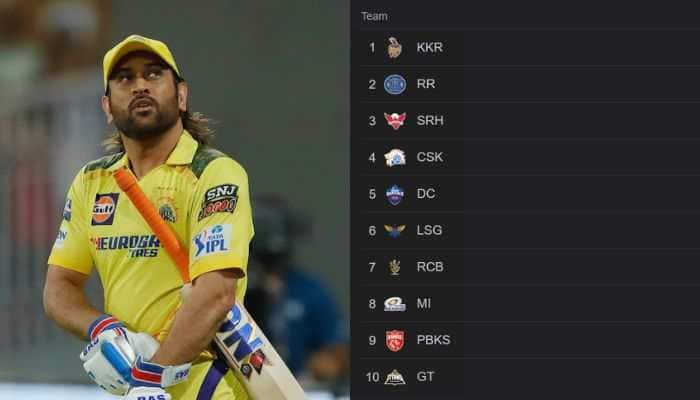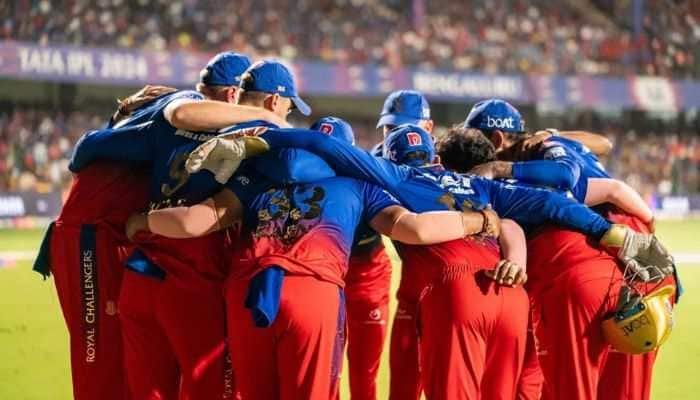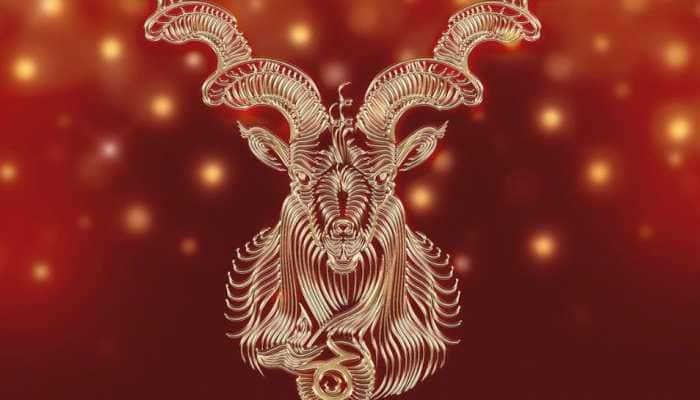Is Narendra Modi’s magic waning?
Poll reverses suffered by the BJP in recent by-elections have triggered debate whether Narendra Modi magic is waning.
Trending Photos
Can Narendra Modi - BJP’s man of the moment - bring a tectonic shift in Indian politics? This was probably the most debated question after his colossal victory in the recently concluded Lok Sabha elections. BJP’s resounding performance in the polls had completely silenced Narendra Modi’s detractors and thrown most of non-BJP forces in a state of complete disarray.
Helpless, as they were, Modi’s opponents accepted the huge mandate given by the country’s voters to the BJP with a heavy heart and decided to wait for an opportune time. The highly unpredictable results of the by-elections held in four states - nearly three months after the Lok Sabha polls - have now given Modi bashers a solid reason to cheer and claim that it is the beginning of the end of the “acchhe din” factor of the BJP-led NDA regime.
Although at this juncture, it will be too early to say that the “Narendra Modi wave” is vanishing, it can’t also be denied that the so called Midas touch of BJP’s poster boy has its limits too. Out of the 18 seats in Madhya Pradesh, Punjab, Karnataka and Bihar, for which by-elections were held on August 21, the Congress and its allies won 10 while seven went to the BJP and one to its ally Shiromani Akali Dal.
Even as the outcome of the by-elections came as a major shock for the BJP, it has breathed new life into the Congress and other 'like-minded' secular parties - to reunite with an aim to dislodge the “communal” BJP from power in the days to come.
Bihar came as the biggest surprise, where the supremely confident BJP leadership had hoped to crush the grand alliance formed by two sworn enemies Lalu Prasad Yadav and Nitish Kumar and the Congress.
In a stunning reversal of fortunes, the Lalu Yadav-led RJD won three seats, its new found ally JD-U two and the Congress wrested the Bhagalpur seat from the BJP after a gap of 23 years. The RJD emerged victorious in Mohiuddinnagar, Rajnagar and Chapra, while Nitish Kumar’s party won in Jale and Parbatta.
The BJP, which had won six of the ten seats last time, managed to win Hajipur, Mohania, Narkatiaganj and Banka constituencies. Its ally, the Lok Janshakti Party led by Ram Vilas Paswan, was routed in these by-elections. In the 2010 assembly election, of the 10 seats, the BJP had won six, the RJD three and the JD-U one.
The bypolls to the 10 assembly constituencies - Hajipur, Chapra, Mohiuddinagar, Parbatta, Bhagalpur, Rajnagar (SC), Jale, Mohania (SC), Narkatiaganj, Banka - were necessitated after MLAs representing five of the seats got elected to the Lok Sabha. The rest fell vacant due to resignations. The voter turnout was around 47 percent.
In Karnataka, the BJP faced a huge setback as the Congress won two out of the three seats that went to polls. The Congress wrested the prestigious Bellary Rural seat from the BJP. The seat was earlier held by rebel BJP MP B Sriramulu, whose re-induction into the party seems to have backfired. The Congress candidate NY Gopalakrishna won the seat by margin of nearly 34,000 votes. The Congress also retained the Chikkodi-Sadalaga assembly seat from where Ganesh Hukkeri, the Congress candidate and son of local MP Prakash Hukkeri, won the seat comfortably.
In the prestigious Shikaripura assembly seat in Shimoga district, the BJP candidate BY Raghavendra, son of former Karnataka chief minister and Lingayat strongman BS Yeddyurappa, won by a narrow margin of just 4,000 votes.
Both the Congress and the Shiromani Akali Dal managed to win one seat each in Punjab. Congress leader Preneet Kaur, wife of Capt. Amrinder Singh who had defeated Arun Jaitley in the Amritsar Lok Sabha seat, won the Patiala seat while Akali Dal's Mohinder Singh Sidhu won the Talwandi Sabo seat.
It was only in Madhya Pradesh where the BJP managed to win two seats out of three while the Congress won the third one. In MP, Congress wrested the Bahoriband Assembly seat from the ruling party, which emerged victorious in Agar and Vijayraghavgarh segments in the by-elections.
The high-stake August 21 by-elections were significant as it not only tested the popularity of Prime Minister Narendra Modi but also sought to ascertain whether voters in the caste-divided Bihar accepted and approved the coming together of two arch-rivals for a common cause - defeating BJP.
While the elections results have come as a welcome relief for Lalu and Nitish, they have also given a much-need boost to the Congress. The results have strengthened the clamour in the Congress to return to Shimla Sankalap of 2003 that called for forging grand secular alliance with like-minded parties to fight 'communal' forces. The Sankalap was dumped by Congress vice president Rahul Gandhi in the party’s Chintan Shivir in Jaipur. Rahul had then insisted on mobilising youth and middle class and for discontinuation of alliance with allies tainted in corruption cases.
The Congress party had an alliance with Lalu Prasad Yadav's RJD before the 2014 Lok Sabha polls, but it was only due to Rahul Gandhi's pressure that the party decided to contest elections alone. Earlier in 1998 Panchmari session, Congress had resolved to go alone in elections, however, the experiment had backfired and sent the party in political wilderness till 2004, when it decided to look beyond Panchmari resolution.
Congress party has been cautious in its reaction to the by-election results. For full-scale celebrations, the Congress leadership is awaiting the outcome of bypolls to be held next month in Gujarat, Rajasthan and Uttar Pradesh. Meanwhile, the anti-BJP alliance will certainly expand in Bihar, where JD (U) leader Nitish Kumar, the architect of the Mahagatbandhan, has vowed to form a bigger alliance of non-NDA parties before the Bihar Assembly polls in 2015.
For the BJP, especially its newly-appointed national president Amit Shah, the chief architect of its Lok Sabha victory, the bypolls results may have come as a huge disappointment. By-poll results have presented enough indications that the BJP is fast losing ground. Hence it is time that the party engages in introspection to know what went wrong.
Though, the state BJP leaders have been quick in taking full responsibility of the party’s defeat in Bihar and elsewhere, claiming that the dynamics of Lok Sabha polls are different from state elections, one can‘t deny that it has cast a shadow on PM Modi’s image as an invincible leader.
Widely seen as a dress rehearsal for the state assembly polls next year, the by-poll results have certainly made the task of BJP national president more challenging and the upcoming assembly elections in Maharashtra, Haryana and Jharkhand will be a litmus test for him.
For the BJP, there seems to be no real trouble as of now, however, more such failures will certainly reduce Modi's influence on the Indian electorate. Amidst his hectic schedule, the PM will no doubt keep a close eye on every single political development. With BJP veterans like LK Advani and MM Joshi being dropped from the Parliamentary Board and his most trusted lieutenant Amit Shah at the helm of affairs in the party, it will be interesting to watch whether PM Modi is able to ready the party for future political battles.
Live Tv







)
)
)
)
)
)
)
)
)
)
